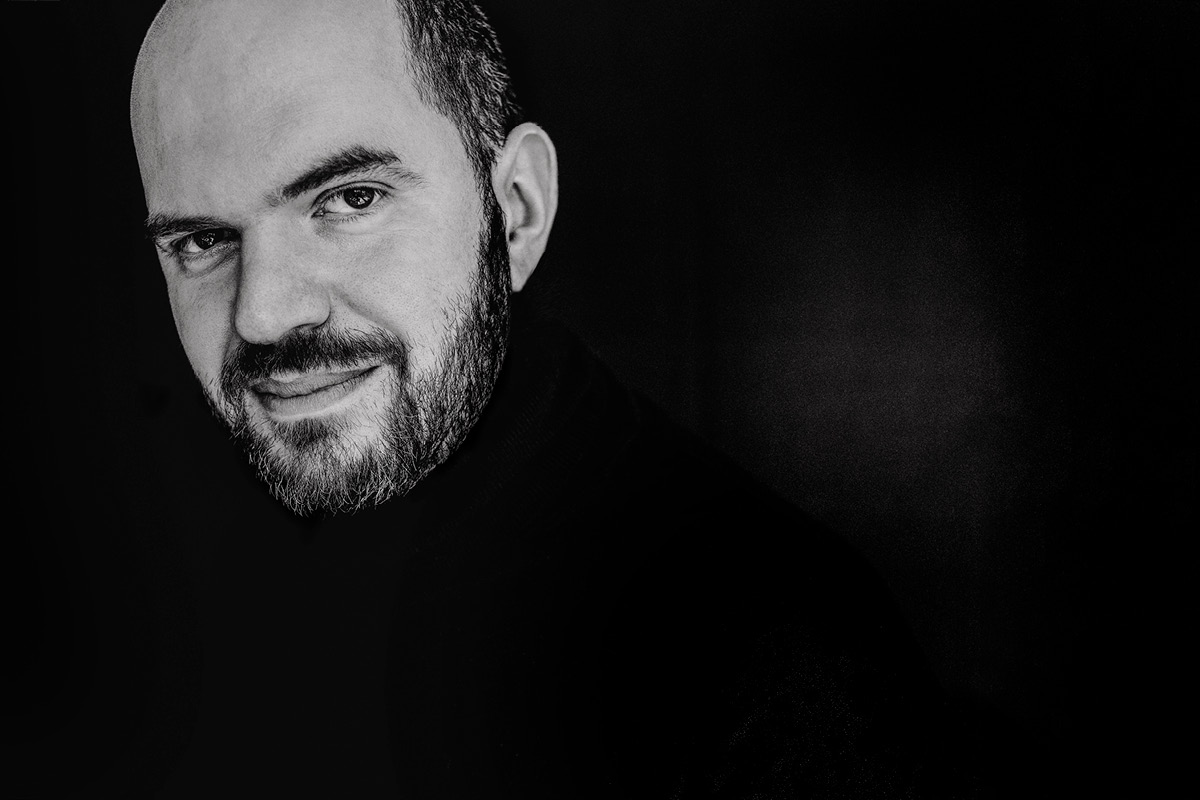If great music often bears witness to history, great performances often transcend time and place to take listeners to the emotional core of human striving. Kirill Gerstein’s generous and carefully thought out program was not only a survey of musical monuments to war, heroism and revolt; but it was a deeply involving experience that time and again drew the listener into the emotional world of the chosen composers.
 Kirill Gerstein. Photo © Marco Borggreve
Kirill Gerstein. Photo © Marco Borggreve
One particularly telling example was Janáček’s sonata, From the Street, which concluded the first half of the program. Gerstein’s finely calibrated timbral control chillingly evoked the streets of Brno where the fatal protest on October 1, 1905, that inspired the sonata took place. Apart from conjuring the bleak, almost disembodied sounds of the second movement, Gerstein excelled in creating maximum tension through the slow but inexorable build-up towards the work’s painful climax.
Such a moving examination of revolt was preceded by more optimistic affirmations of heroism. Liszt’s Transcendental Étude No 7 in E Flat, S.139 was an impressive curtain-raiser in which Gerstein wedded confidence to clarity. Liszt’s use of the full compass of the piano also made it an...










Comments
Log in to join the conversation.